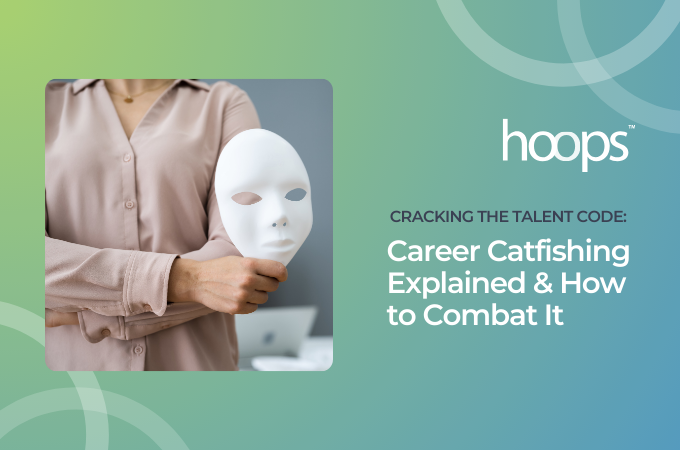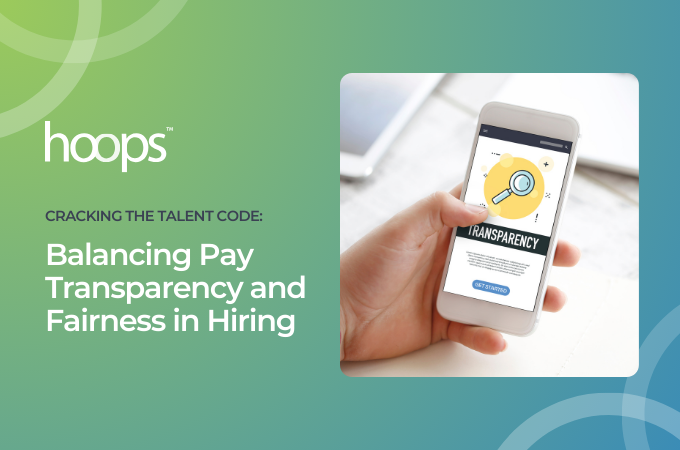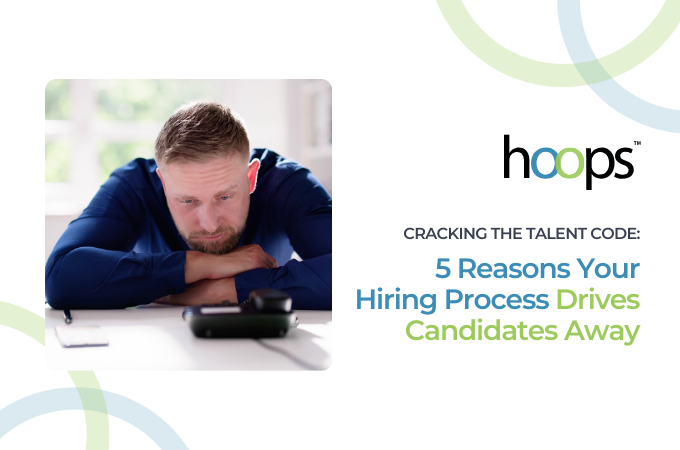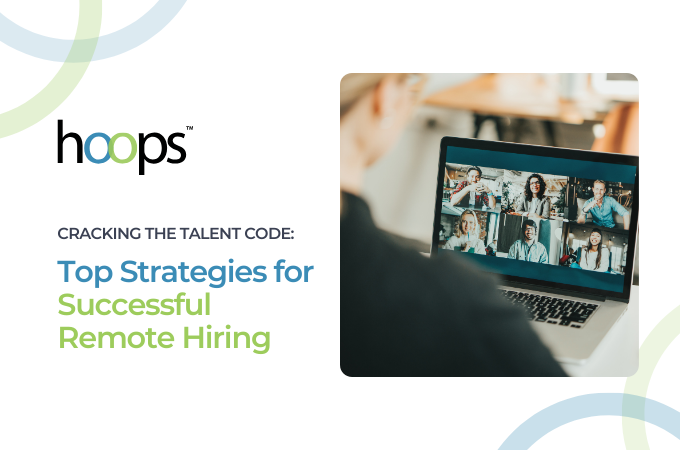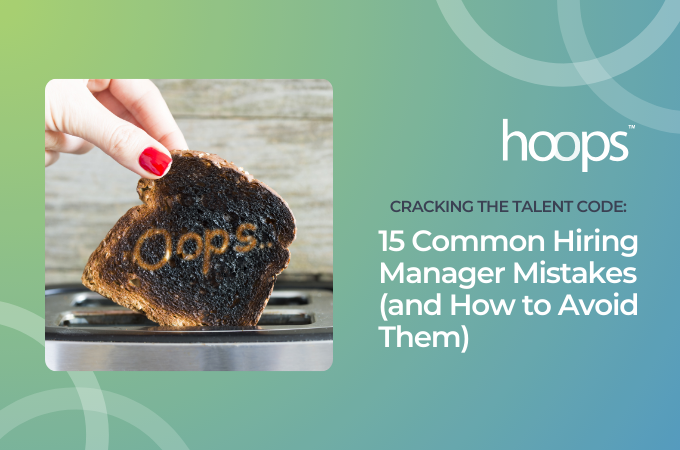Are you feeling stuck in an endless talent search, struggling to find the right fit for your team? You’re not alone. Finding the right candidate can feel like a never-ending battle—and often, the pressure to make a decision leads to costly mistakes. In fact, a Harvard Business Review study found that 80% of employee turnover is due to bad hiring decisions, many of which could have been avoided. The struggle is real, but with the right strategies, you can finally turn this process around.
In this article, we’ll break down the 15 common mistakes hiring managers make—and most importantly, how to avoid them. From misjudging what the “perfect” candidate really looks like to relying too heavily on resumes, we’ll walk you through each mistake and share actionable strategies to refine your recruitment process.
Why Hiring the Right Candidate Is Harder Than It Seems
Let’s face it—finding the right person for your team can feel like searching for a unicorn. You know exactly what you want, but somehow that perfect candidate always seems just out of reach. You sift through resumes, interview candidates, and then... crickets. It’s frustrating, right?
Here’s the thing: it might not be about the candidates at all—it’s about the process. You could be unknowingly creating roadblocks that make finding that ideal candidate even harder. From unrealistic expectations to hidden biases, these factors can trip up even the best hiring managers.
Don’t worry, though—we’ve got you covered! Let's explore some common mistakes and share tips on how to fix them.
15 Common Hiring Manager Mistakes and How to Avoid Them
Now that we’ve set the stage, let’s dive into the 15 common mistakes hiring managers make and how you can avoid them.
-
Overemphasis on Perfection
We’ve all done it—looking for that “perfect” candidate who ticks every single box. But let’s be honest—perfect candidates don’t exist. Every candidate will have strengths and weaknesses. The key is balancing what's essential with what's negotiable.
How to Avoid It: Focus on qualities that truly matter—attitude, adaptability, and a willingness to learn. A great candidate may not check every box, but if they align with your team’s values and demonstrate growth potential, they might just be your best hire. Take a chance on someone with the right energy and attitude—they could surprise you.
-
Narrow or Weak Job Descriptions
If your job descriptions are too specific or too vague, you're either missing out on great candidates or attracting the wrong ones. Narrow job descriptions can exclude talented professionals who are more than capable of excelling in the role. On the flip side, if you’re too general, top-tier talent might just skip your post altogether.
How to Avoid It: Broaden the qualifications in your job descriptions and focus on transferable skills. By expanding your criteria, you'll bring in candidates who might offer a fresh perspective, and they may just be the right fit in ways you hadn't considered. (P.S. Check out our recent blog on crafting killer job posts!)
-
Insufficient Focus on Cultural Fit (or Cultural Add)
Skills and experience are important, but they aren’t the only things that matter. Cultural fit—or better yet, cultural add—is just as critical. A candidate who aligns with your values and enhances your team’s dynamics will drive long-term success. If you’re only evaluating technical skills, you might miss out on someone who can elevate your culture in unexpected ways.
How to Avoid It: Don’t just ask, "Will they fit in?" Ask, "Will they add something to our culture?" Look for qualities that will enhance your team and align with your company’s mission. Find candidates who will grow your culture, not just blend in.
-
Bias in the Interview Process
Bias—whether conscious or unconscious—can creep into every stage of your hiring process. From the type of education or experience a candidate has to the gut feelings you have about their personality, biases can lead to poor hiring decisions and missed opportunities.
How to Avoid It: Combat bias by using structured interviews with standardized questions and evaluation criteria. Make use of diverse interview panels and encourage self-awareness in your hiring process. By keeping bias in check, you’ll ensure a more inclusive hiring process that benefits everyone.
-
You Care Too Much About Credentials
Yes, credentials matter, but they shouldn’t be your deciding factor. Many hiring managers overvalue formal education or job titles, which can limit your pool of talented candidates. Real-world experience and practical knowledge can be just as valuable—if not more so—than a fancy degree or job title.
How to Avoid It: Consider the popular skills-first hiring approach, where abilities, adaptability, and potential take precedence over credentials. Think about what candidates can do, not just where they’ve been.
-
You're Not Offering Something Great
A+ candidates are looking for A+ offers. If your compensation package isn’t competitive, top-tier talent will look elsewhere. It’s about more than just salary—it’s about providing what your ideal candidate wants, such as career growth, flexibility, and work-life balance.
How to Avoid It: Step back and view your compensation package through the eyes of a candidate. Are you offering competitive salaries, benefits, and flexibility? Highlight what makes your company stand out and show potential hires why they should choose you.
-
Emphasizing Speed Over Quality
Hiring quickly feels great when you’re under pressure, but it can lead to hasty decisions that result in a less effective hire and costly turnover down the line. Speed should never compromise quality. (For more tips on balancing speed and quality, check out our blog.)
How to Avoid It: Even if the process takes longer, prioritize quality over speed. A few weeks of extra effort is worth it when you end up with a candidate who will be a better revenue add and stay long-term.
-
You're Not Looking in the Right Places
Posting your job openings on just one platform? That might not be enough to reach the right candidates. In today’s competitive market, knowing where your ideal candidates are is half the battle.
How to Avoid It: Know where your talent pool spends their time and make sure your job posts are on the right platforms. Different industries require different channels. Hoops’ programmatic job advertising automatically targets the best candidates, saving you time and maximizing your reach. Plus, consider passive sourcing—many of the best candidates aren’t actively looking for a job, but will be open to the right opportunity if it comes their way. (If you're working with Hoops - you already know we help figure out this right strategy for you!)
-
Relying Too Heavily on Resumes
Resumes are great for a snapshot, but they don’t tell the full story. The experience and qualities a candidate brings to the table often don’t fit neatly onto a resume, and judging them solely based on that can leave you missing out on great talent.
How to Avoid It: Use personalized screener questions to dig deeper into candidates' skills and experiences. Don't judge solely based on a resume—give candidates a chance to shine and showcase what they can really bring to the table. Hoops can even help with this too!
-
Asking the Wrong Interview Questions
If you're still asking tired, predictable questions like “What’s your greatest strength?” you’re not going deep enough. Candidates will answer these with generic responses, but they won’t reveal much about how they’ll perform in the role.
How to Avoid It: Ask behavioral questions instead of generic ones. Questions like, “Tell me about a time you worked with a team to solve a problem” will give you real insight into how candidates will perform under pressure. Need help designing great questions? Check out our blog on the best interview questions!
-
Passing on "Overqualified" Talent
The belief that “overqualified” candidates won’t be happy in a role or will quickly move on can cause you to overlook some truly great talent. In reality, these candidates may bring valuable experience and a fresh perspective.
How to Avoid It: Don’t write off overqualified candidates without considering their motivation. Ask them about their goals, and you might find that their experience is just what you need to elevate your team.
-
Ignoring the Candidate Experience
A poor candidate experience can damage your employer brand and make it harder to attract top talent in the future. If candidates feel ignored due to slow email responses or disrespected by frequent interview reschedules or consistent lateness, they may walk away—and word travels quickly.
How to Avoid It: Treat candidates with respect throughout the process. Be transparent, keep them informed, and offer feedback when appropriate. Even if they’re not selected, a positive experience can encourage them to apply again in the future. Plus, it keeps your reputation intact!
-
You Try to Sugarcoat the Role
Trying to make a role sound like a dream job can backfire. Eventually, candidates will discover the truth, and mismatched expectations could lead to another vacancy. It’s better for them to know upfront if the role or culture isn’t the right fit.
How to Avoid It: Be honest about the tasks and challenges of the role. Transparency builds trust and helps candidates make informed decisions. If they’re the right fit, they’ll appreciate your honesty and will be ready to take on the challenge.
-
Failing to Follow Up After an Interview
It’s easy to forget about a candidate after the interview, but failing to follow up is a missed opportunity. A simple follow-up can go a long way in maintaining a positive relationship, whether or not the candidate is moving forward.
How to Avoid It: Always follow up within 2-3 business days. Whether you’re moving forward with them or not, a quick thank-you note or feedback shows professionalism and respect, and helps keep the door open for future opportunities.
-
Not Keeping Candidates Updated (Or Worse, Ghosting Them)
One of the quickest ways to lose top talent is silence. If you don’t stay engaged and provide updates, you risk losing great candidates to other opportunities.
How to Avoid It: Keep the lines of communication open. Send weekly updates about where they are in the process, answer their questions, and keep them excited about the role. Automation tools like Hoops’ candidate engagement system can make this process a breeze!
Conclusion: Time to Make It Right
Hiring the right candidate doesn’t have to be a struggle. By avoiding these 15 common mistakes, you can stop the endless talent hunt and start hiring with purpose. A few adjustments to your approach—whether it’s improving your job descriptions, asking better interview questions, or enhancing your candidate experience—can lead to long-term success.
Hoops is here to help streamline your hiring process. With our AI-powered tools, programmatic job advertising, passive sourcing solutions, and skills-first approach, we take the stress out of recruitment and help you find the best candidates out there.
Ready to refine your hiring strategy and say goodbye to those costly mistakes? Let’s chat!
Simplify hiring. Amplify growth. Visit hoopshr.com or call 877-262-7358 to get started!
#yourbesthire


